Is the Cold War really back with a vengeance? To understand its origins we need to look back hundreds of years
In truth, Russia believes that the West has always despised it. It is unlikely that threats and sanctions will ever make Moscow cower
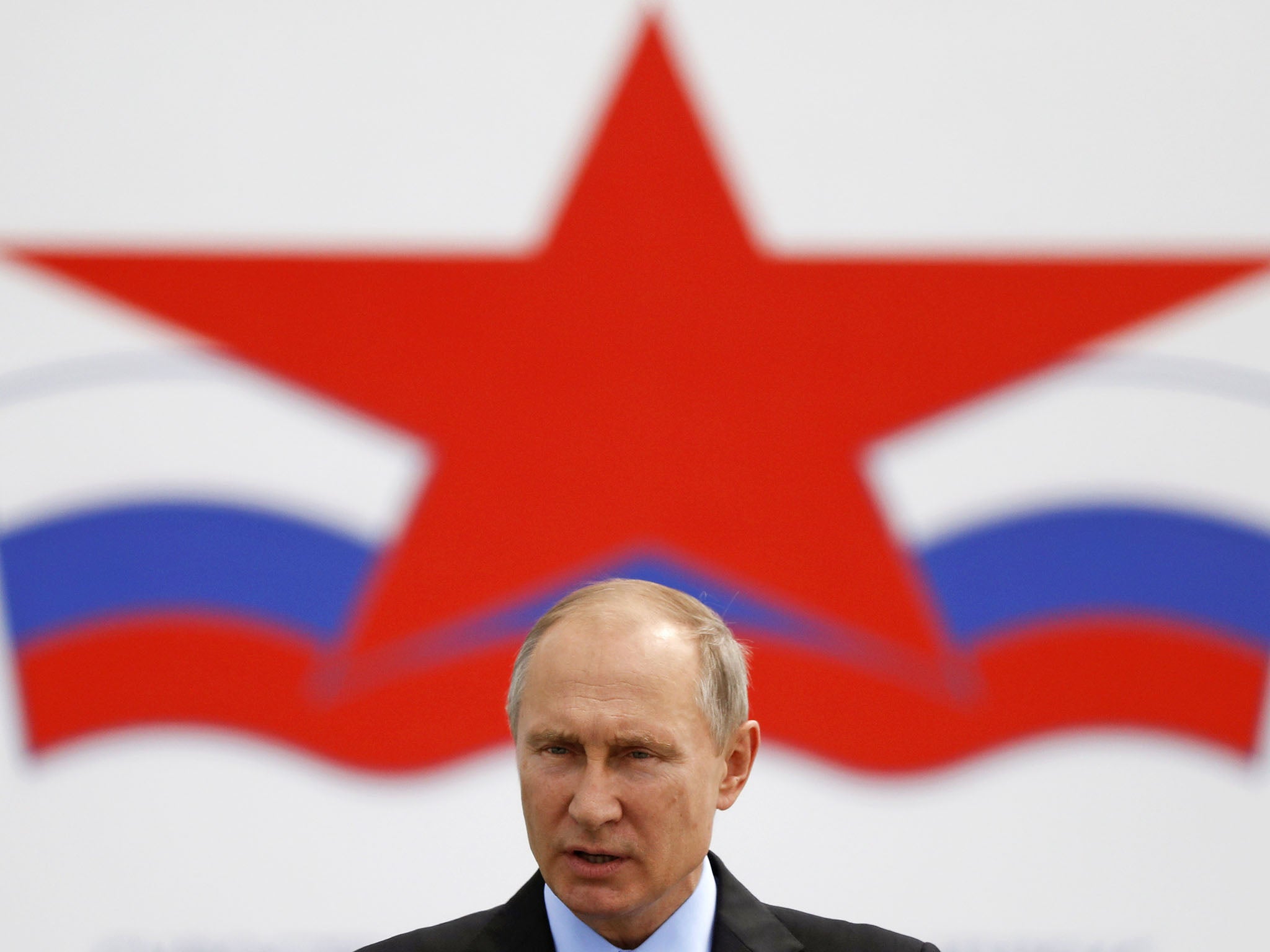
I don’t think we can doubt that a new phase of the Cold War between Russia and the West has begun. Ciaran Martin, chief executive of the National Cyber Security Centre – an arm of British intelligence agency GCHQ – says that Russia is its “most capable hostile adversary in cyberspace”. In a call with The Independent and other outlets, he said all attacks uncovered by American security services had directly affected the UK, including intrusion into the energy sector.
“This is sustained targeting of multiple entities over months that we believe the Russian state to be behind,” Mr Martin added. “The purpose of these attacks could be the theft of intellectual property and they could be positioning themselves for use in times of tension. There are millions of machines being globally targeted, trying to seize control over connectivity.”
Antonio Guterres, the UN secretary general, agrees. He recently argued that Russia’s recent actions suggest that “the Cold War is back with a vengeance”. Under this heading also comes the poisoning by a nerve agent manufactured only in Russia of Sergei and Yulia Skripal in Salisbury. I would also put into this list the denial by Russia that its ally President Bashar al-Assad of Syria had launched a chlorine attack to flush away unwanted families despite strong evidence that his forces had done so.
Keir Giles, an expert in Russian information warfare at Chatham House, said the line between the Russian government, Russian business and the Russian criminal world was blurred. “The bottom line is these attacks would not be coming from Russia without Russian state collusion – if they wanted to stop it they could,” he told The Independent. Mr Giles said Russia’s attacks had become more blatant due to a lack of deterrents during Barack Obama’s administration. “They have not cared for some time about being identified as the source of hostile activity,” he added. “This is just another symptom of Russia believing it is in an advanced state of conflict in the West in every domain apart from overt military clashes.”
If the Cold War has returned, then we shall have to go back nearly 100 years to 1919 to see the start of it. In other words, to revisit the situation a mere two years after the Russian communists led by Lenin had seized power.
Then we shall see that one of the new Russian government’s first actions was to withdraw from the customary relationships between the European powers. Instead Lenin established in Moscow what was called the Third International. Its objective was to replace the world capitalist economy by a world system of communism – through force and violence if need be.
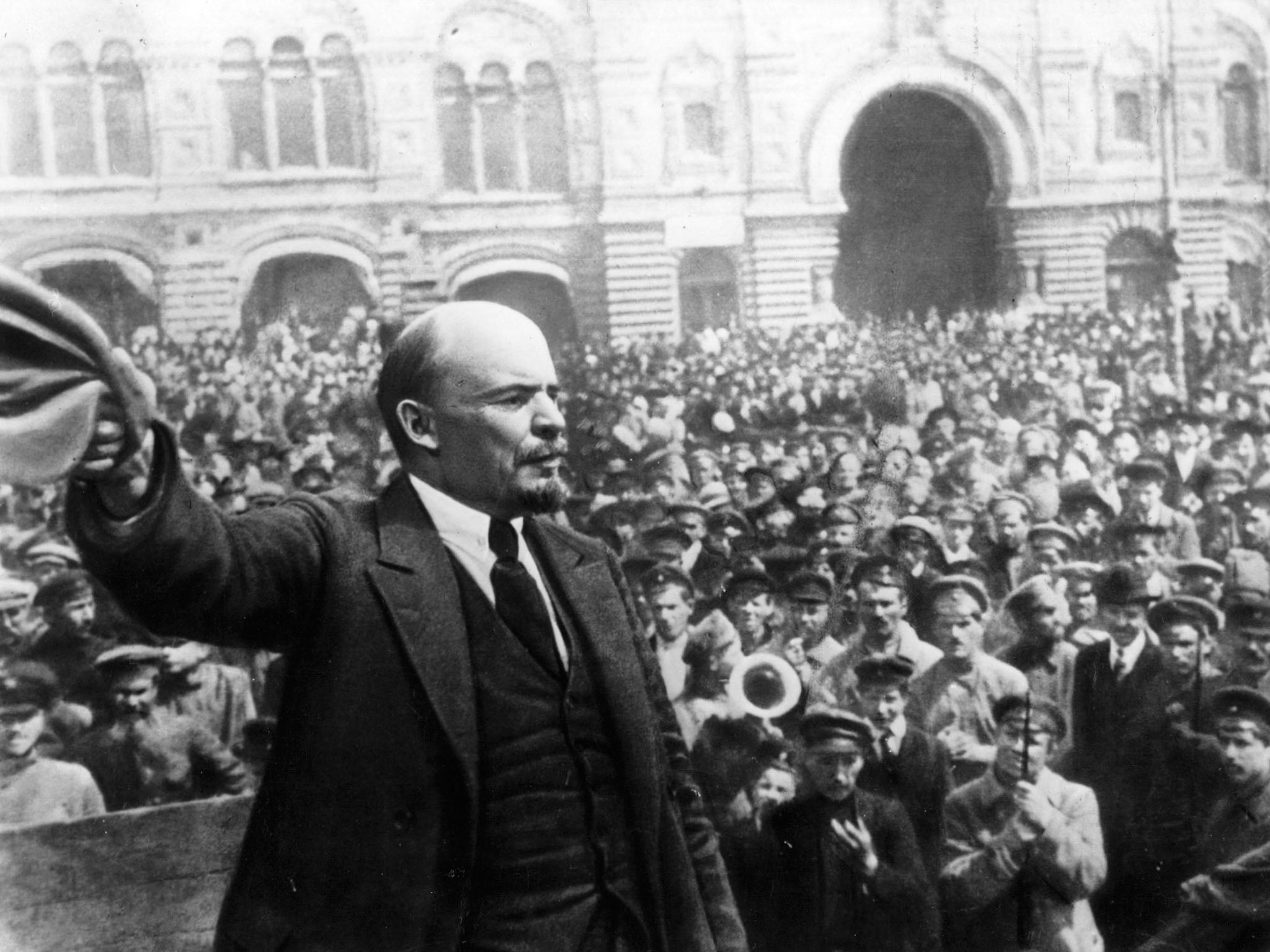
The new Russia, the Soviet Union as it came to be called, was incredibly aggressive. The Soviet Union only accepted temporary truces with its foes. Nor did it form a genuine alliance with any power throughout its existence. The means of cooperation with the United States and Britain during the Second World War was not set down in any formal treaty. Essentially in the Russian mind, a clash of civilisations was under way.

The Cold War is generally said to have begun in 1947, the year when President Truman pledged that the United States would provide aid to nations threatened by Soviet expansionism. In the first two years after the end of the Second World War, the Soviet Union consolidated its control over the states of the Eastern Bloc. These were Albania, Bulgaria, Poland, Romania, Czechoslovakia, Hungary and what became known as East Germany including Berlin.
At the same time the United States began a strategy of global containment to challenge Soviet power, extending military and financial aid to the countries of Western Europe (for example, supporting the anti-communist side in the Greek Civil War) and creating the Nato alliance.
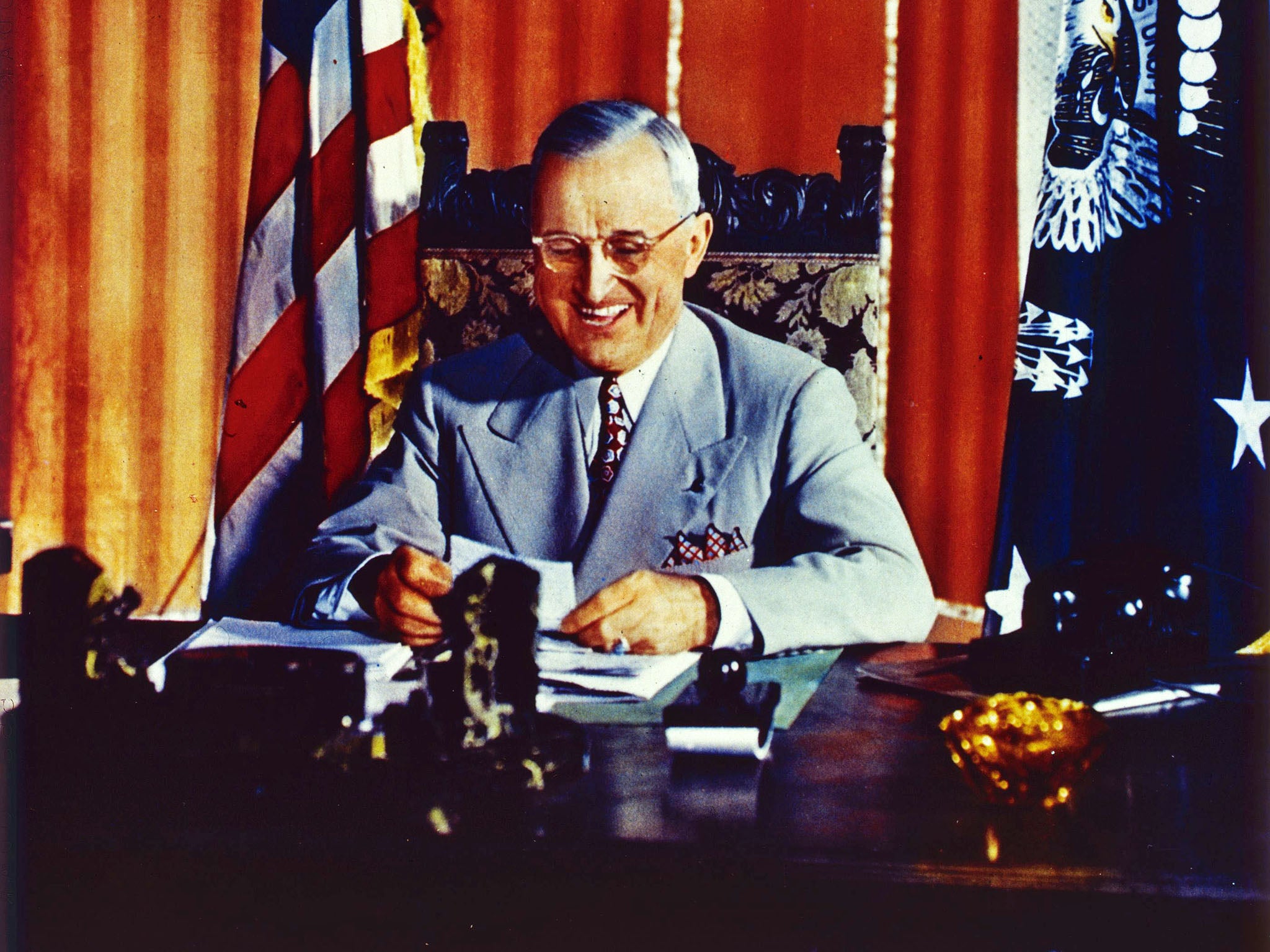
In February 1946, George F Kennan, an American diplomat and historian wrote from Moscow an influential warning that became known as the “Long Telegram”. It helped to articulate the US government’s increasingly hard line against the Soviets and became the basis for US strategy towards the Soviet Union for the duration of the Cold War.
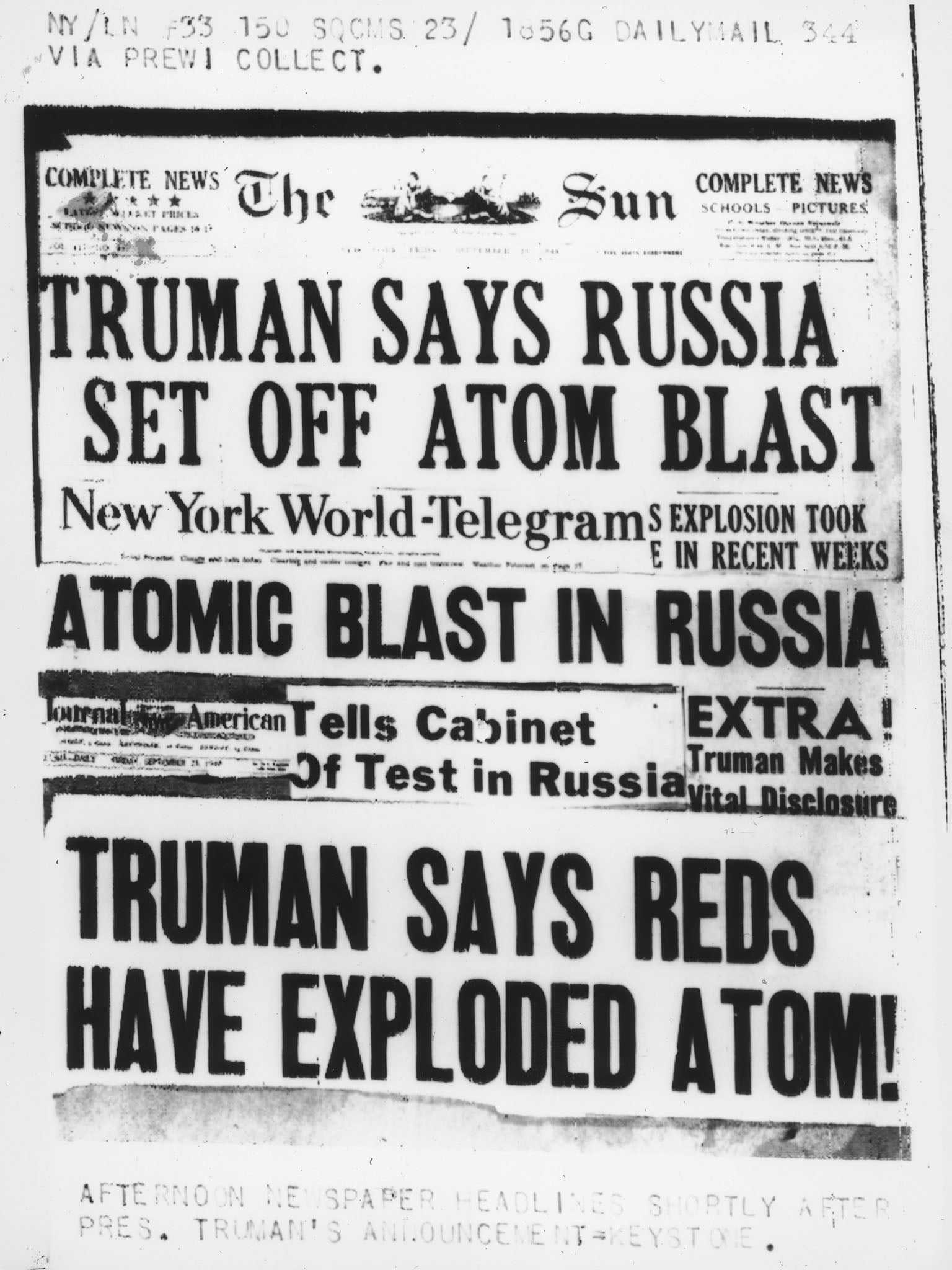
It stated that the Soviet Union did not see the possibility for long-term peaceful coexistence with the capitalist world. The Soviets’ ever-present aim was to advance the socialist cause. For the Soviets, capitalism was a menace to the ideals of socialism, and capitalists could not be trusted or allowed to influence the Soviet people. Outright conflict was never considered a desirable avenue for the propagation of the Soviet cause, but their eyes and ears were always open for the opportunity to take advantage of “diseased tissue” anywhere in the world.
In reply the Soviet side produced the “Novikov Telegram”, sent by the Soviet ambassador to the US but commissioned and “co-authored” by foreign minister Molotov. It portrayed the US as being in the grip of monopoly capitalists who were building up military capability “to prepare the conditions for winning world supremacy in a new war”. However, in 1951, Raymond Aron, the French sociologist, summed up the dynamic of the Cold War – peace is impossible, war improbable.
The Cold War finally came to an end in the early 1990s but not because the contestants reached an agreement; it ended because the Soviet Union disappeared. For the strains of the Cold War proved to be more than the Soviet command economy could bear.
For understanding Russia’s current relations with the West, there is a phrase from Kennan’s despatch quoted above that sums up the situation very well. He wrote that Russian eyes and ears were always open for the opportunity to take advantage of “diseased tissue” anywhere in the world.
Why the permanent hostility? As one recent observer put it: “Russia is far less concerned about being a rogue state because they have no reputation to maintain, they are behaving more like North Korea than the European nation they once pretended or aspired to be.”
In truth, Russia believes that the West has always despised it. The charge sheet starts more than 400 years ago with Muscovy, as the Grand Duchy of Moscow was known. Russia appeared to the West then as no more than a barbarous backwater which, if inspiring any reaction at all, incited only revulsion, yet on the whole left Europe indifferent. As well as “barbarous” we had another put-down ready at hand. Russia, we said, was irredeemably “Oriental”.
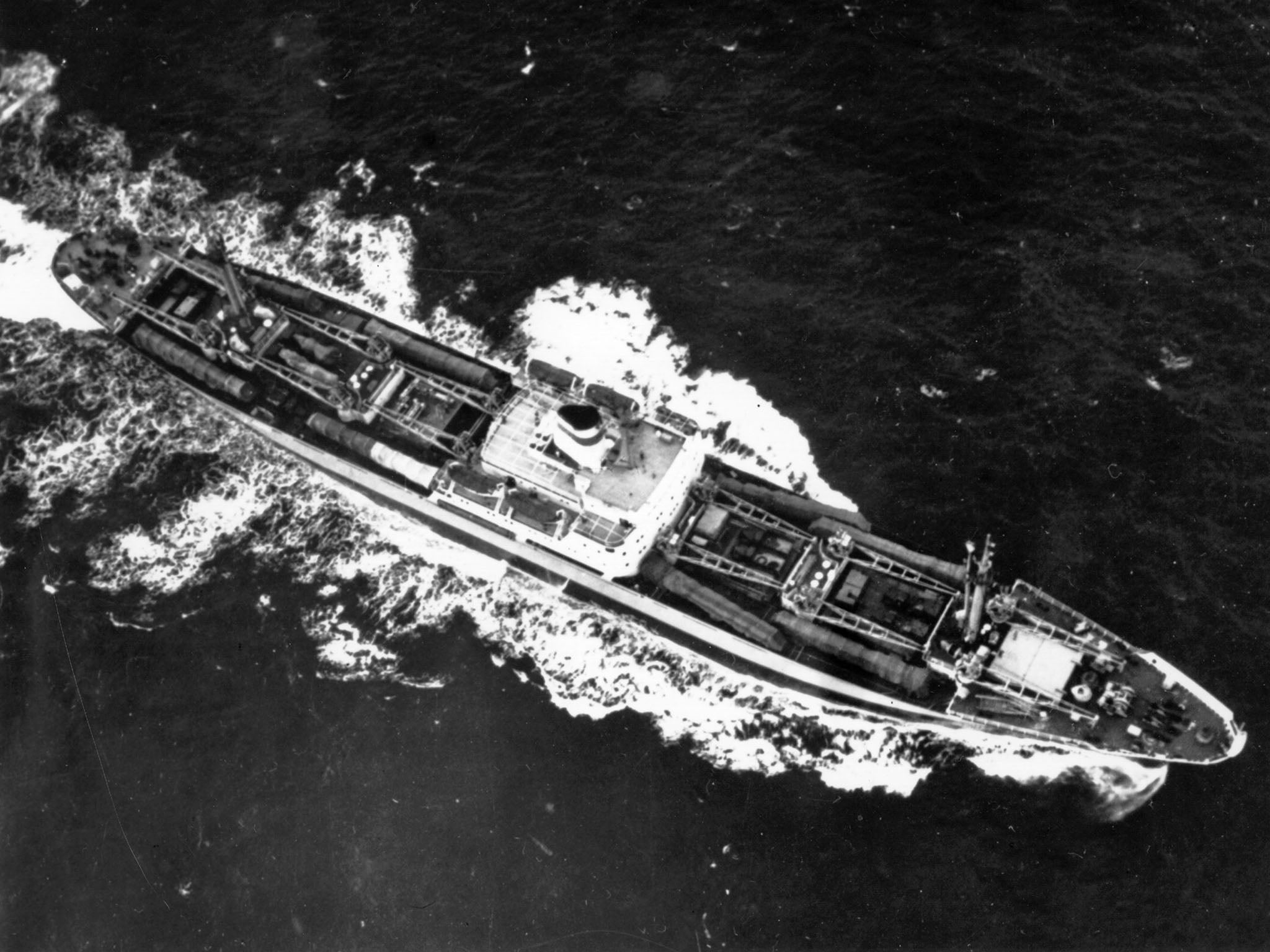
A barbarous backwater – and Oriental! But what would our European neighbours have thought about England at this period? According to the Cambridge historian Robert Tombs in his wonderful book The English and Their History, this was when England managed to combine a ramshackle military system and a chronically impoverished central government.
In the 18th century, the aristocratic class in Russia became indistinguishable in their manners and standard of living from their counterparts in Western Europe. Visiting aristocrats were impressed, but what they failed to notice were two crucial differences. There was no Third Estate or bourgeoisie, no middle class. As for the exceptionally wretched conditions of the peasantry, that completely passed them by. In addition, the Russian government was the most brutal in Europe.
In fact, as historian Martin Malia notes, the travel literature on Russia in the second half of the 18th century got this. It painted a grim picture of primitiveness barely lacquered over by a semblance of civilised manners. What observers saw in the second quarter of the 19th century was no kinder. It was then that the repertory of negative stereotypes regarding Russia first emerged. Some came from travel accounts. The Marquis de Custine, for instance, published a travel account in 1839 in which he described Russia as a gigantic prison whose inmates, hounded by police spies, were afraid to speak frankly to one another, even to think for themselves. Russia was too “barbaric” and “Asiatic” to absorb Western civilisation. Karl Marx even wrote that Russia’s “Oriental” autocracy bred such a lust for conquest that it could be sated only by destroying Western civilisation.
I use these references to comments made almost 200 years ago to emphasise how deep seated must be Russian resentment at the way the West patronises it. And Western policy towards Russia needs to recognise this back history. Western threats and sanctions will never make Russia cower, indeed, as we have seen, rather the opposite. After all, Russia is the largest country in the world by area, covering more than one-eighth of the Earth’s inhabited land area, and the ninth most populous, with over 144 million people.
Instead we should show respect and find areas where East and West could work fruitfully together.
Join our commenting forum
Join thought-provoking conversations, follow other Independent readers and see their replies
Comments
Bookmark popover
Removed from bookmarks